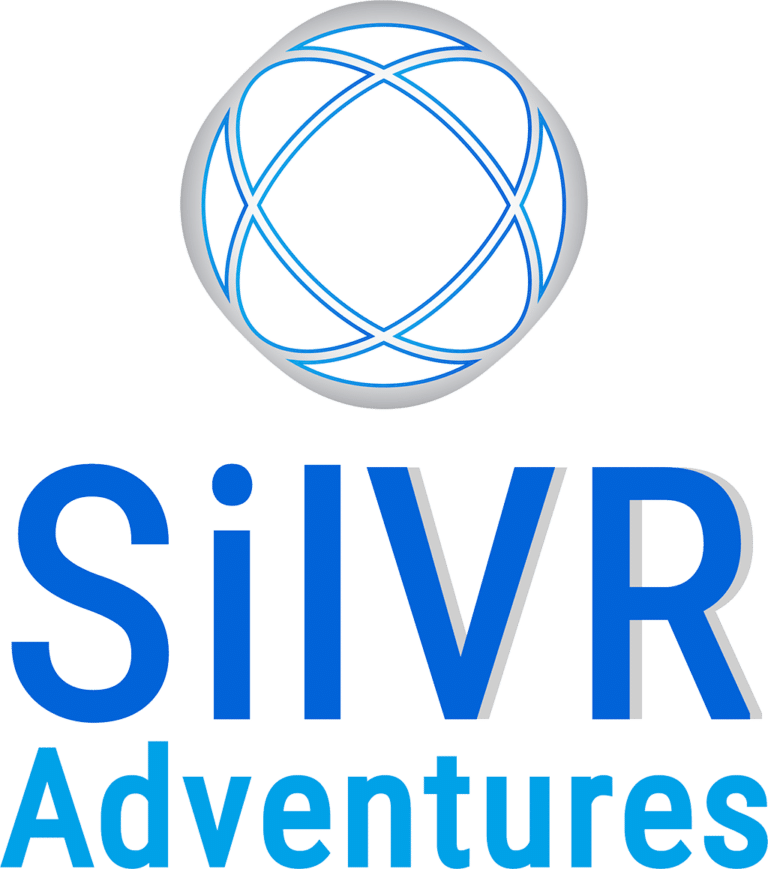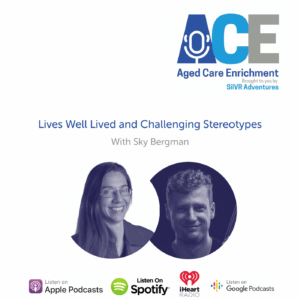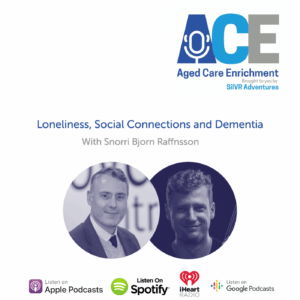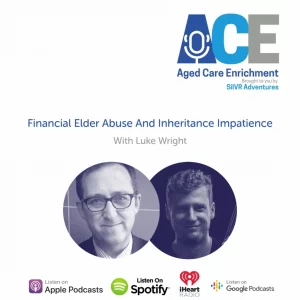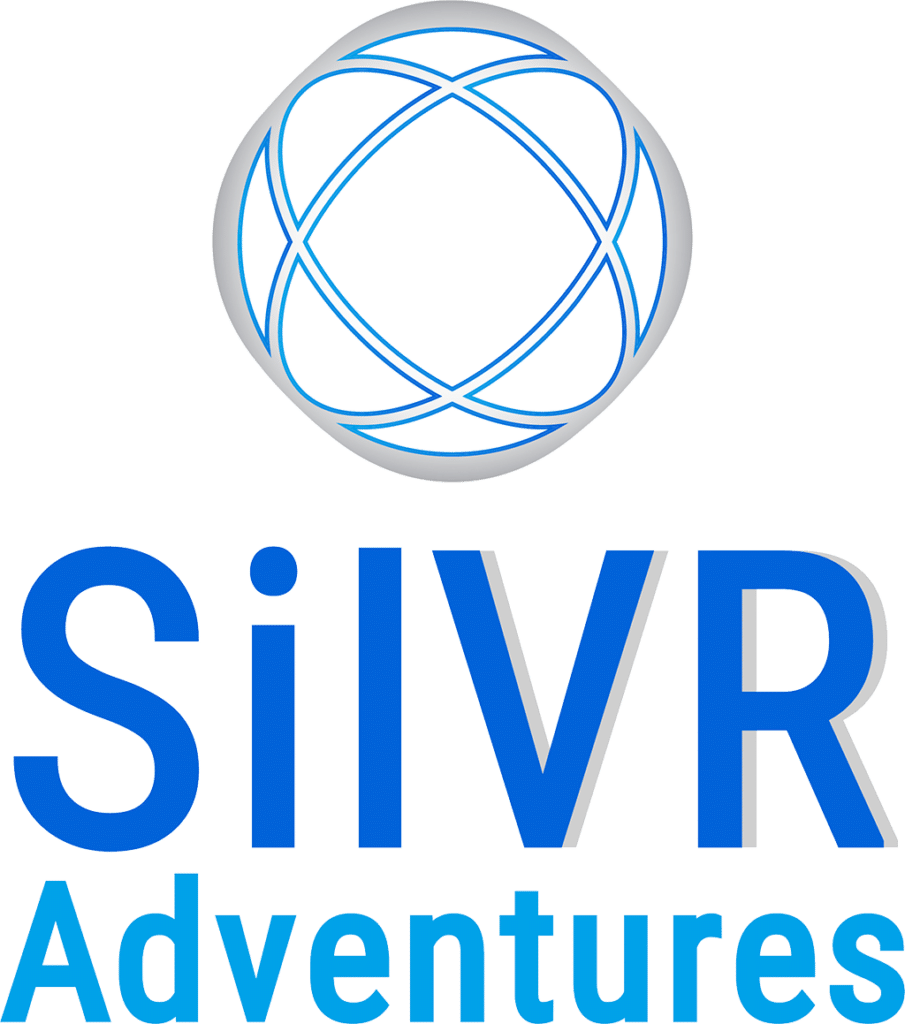Transcript
Ash de Neef: Tim, thanks so much for joining us on the show today.
Dr. Tim Rittman: Yeah, it’s a real pleasure to be here. Thanks.
Ash de Neef: Yeah, our pleasure. And uh, people can probably tell from your accent that you’re not Australian you’re calling in from the UK today. Could you fill us in on who you are and the work that you do?
Dr. Tim Rittman: Yeah. So my name is Tim Rittman, I’m a neurologist in Cambridge, in the UK Addenbrooke’s hospital, and specializing in cognitive disorders. So I’m part of the memory clinic and I run the clinic for dementia and genetics and one for sort of rare types of dementia.
But I’m also an academic as well. So I do two days of clinical work and three days of research. My research is around the understanding how some of the tau- associated dementias progress through the brain using neuroimaging and computational analysis. And also I think more relevant for today some sort of translational work taking artificial intelligence and machine learning models and putting them into practice in the memory clinic.
Ash de Neef: Awesome. Lots of meaty things to dig into there. Now you said tower models was it, of dementia?
Dr. Tim Rittman: Yeah. So if you look at dementia under the bonnet in the brain different proteins aggregate and cause problems in the brain. And one of those is tau. So tau builds up in Alzheimer’s disease, alongside beta amyloid. But there’s also this other sets of diseases which are just pure tauopathies. So frontotemporal dementia, some forms of that. I look at two diseases called progressive supranuclear palsy and corticobasal degeneration where tau builds up.
Ash de Neef: Holy moly.
Dr. Tim Rittman: So yeah, a bit of a mouthful, PSP and CBD for short. So they’re relatively rare, but there’s a way to, from an academic point of view, we can look at tau on its own without beta amyloid or some of these other proteins.
Ash de Neef: Okay. So this is a way of classifying different types of dementia, and the way that they manifest in the brain.
Dr. Tim Rittman: Exactly. Yeah. Looking at the pathology particularly.
Ash de Neef: Cool. And we came to know your work through a study that you are leading at Cambridge looking at the use of AI and diagnosing dementia or various types of dementia. Can you tell us a bit about that study?
Dr. Tim Rittman: Yeah certainly. So I’m leading the clinical side of that. And what we’re trying to do is translate some of this academic work, which has been going on for some time. There’s lots of different AI machine learning models, which have been applied in the sort of preclinical research world, actually bringing those into the clinic.
So a colleague of mine based here in Cambridge call Zoe Kourtzi is there a professor in the psychology department and she’s trained this machine learning model on sort of thousands of scans of people with Alzheimer’s disease. And particularly mild cognitive impairment that sort of early stage of Alzheimer’s. And in the preclinical phase, we’re able to predict pretty well who goes on to develop Alzheimer’s disease and how quickly they’re going to progress.
So my role is to then bring that into the memory clinic. So I’ve set up a study called Quantitative MRI in NHS Memory Clinics or QMINMC for short, you’ve got to, got to have a catchy abbreviation. And what we do is scan everyone who comes through the memory clinic, who needs a scan as part of their sort of clinical investigations.
Instead of having a standard NHS scan, they come into our research scanner and we have a slightly longer scan, so a few extra sequences. But we use all the sequences that are used both in the clinical side of reporting the scan and these extra research scans as a database of scans to test and develop these artificial intelligence machine learning algorithms.
So Zoe’s machine learning algorithm uses a structural MRI brain scan. So it’s a fairly simple scan in many ways, what we normally look at to determine the Alzheimer’s disease or look for other causes of cognitive problems. It takes that structural scan and looks for patterns that we can’t see with the naked eye, combines that with cognitive tests. And then gives us a prediction of whether this is someone with Alzheimer’s disease, so with MCI that’s going to progress and how quickly that’s going to change. So how quickly people are moving away from a normal pattern towards an Alzheimer’s disease pattern.
So at the moment, we’re at the stage of having done the preclinical testing and we’re putting it into the clinic. So that’s, I think why it got picked up by the newspapers. Cause it’s quite unusual for these things actually to reach the real world. So that’s what we doing next.
Ash de Neef: Awesome. So I’m going to try and explain it just for myself as well in quite simple terms, but correct me if I’m wrong, it’s a computer program that will assess a bunch of data based on patterns. And you’re actually harnessing people in the community who come in for normal scans using their data to help train the machine, to get better at recognizing Alzheimer’s and other forms of dementia.
Is that correct?
Dr. Tim Rittman: Yeah, exactly. Partly to train it to get better, but also to see whether it works as it is. So we’ve already trained it on this preclinical data to see if that training and the preclinical data actually works in the real world. Because often what you find is research cohorts are very highly selected, there’s lots of exclusion criteria. You know, we have no exclusion criteria. If you can get into an MRI scanner, you’re in our study.
So we have people with strokes with brain tumors, with no dementia with depression, lots of co-morbidities. Can our algorithm work as well in that cohort, as it did in that sort of preclinical study?
Ash de Neef: Cool okay. So I guess underlying all of this is the, there’s an assumption that there is an image of the brain that’s quite consistent for people who are going to exhibit symptoms of dementia.
Dr. Tim Rittman: Yeah, exactly. So under the bonnet, what this machine learning algorithm does is define a sort of pattern that looks like normal, and then the pattern that looks like disease. At the moment it’s trained on Alzheimer’s disease, but the plan is to go on and train on, say, vascular venture or dementia with Lewy bodies. And pick out particular features within the scan that we can’t necessarily see as humans, but that we can pick out those combinations of features that are disease-like.
So you can then tell firstly, does someone look more like the normal pattern or do they look more like a disease pattern? And then how fast are they moving from the normal pattern towards the disease pattern? So that gives you the idea of diagnosis and prognosis essentially.
Ash de Neef: Gotcha. Okay. And with the small cognitive test that you’re doing as well, is that to verify what the scan is showing or is that additional data? That’s part of the study.
Dr. Tim Rittman: It’s additional data that’s part of the study, so that feeds into the algorithm as well. But also it’s the outcome. What we’re predicting against is longitudinal change in cognitive scores. So how people was yet competition changes over time.
Ash de Neef: Okay. So you’ll, check in with the participants a bit lighter and, it run the same tests and measure.
Dr. Tim Rittman: Exactly. Yeah. They’ll come back to clinic sort of six months, nine months, to a year. And we’ll collect that data as well to see how well the model is performing.
Ash de Neef: Cool. So this might be a silly question, but in traditional diagnosis of dementia, is neuro-imaging used or is it mainly a symptomatic sort of approach?
Dr. Tim Rittman: yeah, it is. You can make a diagnosis of dementia without any imaging at all that does happen, that’s possible. Traditionally the main role from your imaging has been to exclude other reasons for cognitive impairment. So you might be looking for strokes or inflammation, or for brain tumors and other sort of unexpected things. More and more, we’re starting to use imaging to look for positive patterns that are associated with dementias. So classically in Alzheimer’s disease, you’d look for parietal atrophies, that’s volume loss at the back of the brain. And hippocampal atrophy, in the sort of memory parts of the brain. So if you see that pattern, you think that does look like Alzheimer’s disease, but it’s not a hundred percent.
There are some people, I’ve certainly made diagnoses of people who have pretty normal looking scans and other people have horrible looking scans, but actually they’re performing quite well. So they don’t have any cognitive impairment. So it’s neuroimaging is useful and is starting to be used more.
I think some of these more complex ways of looking at the imaging will hopefully give us more information, which is a bit more accurate than just looking at the scan and squinting a bit and saying “ooh, it it looks a bit like Alzheimer’s disease”.
Ash de Neef: Okay. So this is a much more high tech version, you’re not holding the x-ray up to the light and looking for something it’s really getting in there deep.
Dr. Tim Rittman: We’re trying to move on a little bit from there.
Ash de Neef: Nice. So how would this translate into, if you’re working in a residential care facility or your a geriatrician or, how does this translate into real-world diagnosis?
Dr. Tim Rittman: Yeah, I think that’s the key question. Isn’t it? And so we’re certainly not looking to replace any of the sort of memory clinic services and you know, classic sort of history, examination and cognitive tests, which are used for diagnosis now. But what we’re hoping to do is, get as much information as we can out of the data that we have. So out of the neuroimaging data that we, and the cognitive tests that we have, can we squeeze every bit of information from that we can.
So how I’d see this working is you’d see someone in the clinic you think could this be Alzheimer’s disease? They may have early memory problems, and you get a result from this this algorithm, which may give you some more confidence in saying yeah this is Alzheimer’s disease now. And that helps you have firstly discussions around treatment. So when to start cholinesterase inhibitors at the moment but also for planning as well.
So if you can, at the moment, we can’t really give people a good idea of prognosis. So we can say, “yeah you’ve got say, dementia with Lewy bodies. That tends on the whole to progress a bit more quickly than that Alzheimer’s disease”, but that’s about as far as we can get, we can’t individualize that.
So what we’re hoping to do is identify people who are going to stay still stable, people who will decline at a moderate rate and then people who would decline more rapidly. So we can target those people who are changing more rapidly to have early interventions, to prevent admissions to nursing homes, if they don’t want to go admissions to hospital. So in that way, we’re hoping to save some money for the health service with this as well, but probably more important than that is actually enabled people to plan ahead.
Ash de Neef: Okay. Cool. And just to clarify that the way that it’s kind of predicting is by taking two snapshots in time and seeing how quickly it’s moved between deterioration in those two.
Dr. Tim Rittman: It’s just using a baseline scan. So it’s just one scam, one cognitive test when you first meet the patient and then we’d use that to make a prediction of what’s going to happen in the next few years.
Ash de Neef: Okay, because judging based on other factors, then the cognitive test will then come into that as well.
Dr. Tim Rittman: Exactly. Yeah.
Ash de Neef: Okay. Awesome. What I mean, that really ties into something that we hear a lot. We’ve spoken to a couple of different dementia advocates on the program. Over in Australia is Kate Swaffer and Christine Bryden and they’ve both talked about their experience of being diagnosed, being a really traumatic and unsupportive event.
Basically, what they were told was get your life in order. Stop doing things, go home because it’s going to get bad very quick. And 15, 20 years later, they’re still doing really well.
So this could be something that would change that post-diagnosis journey for people.
Dr. Tim Rittman: Yeah, exactly. And I think and it can be very tricky, particularly if you’ve got a rare form of dementia or if you’ve got early onset dementia, that process of diagnosis can be 18 months or a couple of years in some cases. And that’s a really tough time to have that uncertainty. So if we can give people more certainty with these machine learning techniques, I think that’s a really good thing to be able to do.
And yeah, certainly there’s a lot of debate about the use of psychiatric co-morbidities and functional memory loss and things like that, which often get misdiagnosed as dementia. So you have these people who are, have some memory symptoms, but actually that doesn’t change over a long period of time.
And they fall into that sort of functional memory disorder sort of category. And if we can pick up those people and reassure them and say well, this isn’t going to change over the next few years as a dementia would think, I think that would really change people’s lives and avoid that misdiagnosis that we sometimes see.
Ash de Neef: Yeah that’s great. And I think for some listeners of the show they’ll know that I sometimes express some skepticism towards new technology.
Dr. Tim Rittman: Absolutely.
Ash de Neef: When we’re talking about AI that can diagnose how accurate is accurate enough?
What sort of parameters do we need to work in there?
Dr. Tim Rittman: Yeah, I think that’s a really key question on this. I think there’s two answers to that. Firstly, one is as accurate possible. And I think every test that we use in clinically has a false positive and false negative rate, which means it’s not right the whole time.
And we want something to be,over 90% accurate would be what we’re looking for ideally. Having said that I think the most important thing is knowing how accurate something is. So in somewhat sense, it doesn’t matter if it’s not right all the time, as long as we know how often it’s wrong, if that makes sense. And how it’s wrong as well.
So it’s it’s not just having a really really accurate test, but now how accurate it is and in what context it works. So that’s something we’re going, we’re going to have to work through. This is why it’s easy in the research world when you’ve got this sort of training data set. “Oh yeah we can predict this with 80, 90% accuracy.” Actually it’s different than when you bring it into the clinic when all these other variables and confounders come into the equation.
Ash de Neef: Yeah. I mean, It sounds like when you’ve got an old car and you know that, “oh, in order to get it to start, I have to jiggle the keys just this way.” And you, when you’re working with the tool, as long as you know what makes it work and what the best sort of scenario, then it’s going to be a good thing to use
Dr. Tim Rittman: Exactly. Yeah, that’s it. That’s a good analogy. I like that.
Ash de Neef: So because this sort of technology is possible because you have access to some very specific data through neuroimaging. And I guess whilst that’s the power that allows this system to develop, it’s also a hindrance in that it keeps it within the box of the neuro imaging, right? In order for it to get to the next stage, we need to be collecting data observable outside of is an MRI, you said is the main screening.
Do you see any sort of progression, and I know you’re still in the middle of this study, I don’t want to get you too focussed on the future. But do you see anything like with other data that can be collected outside of.
Dr. Tim Rittman: Yeah. certainly. There’s some big efforts to try and do that. So there’s the Eden project, which actually my collaborator Zoe Kourtzi is quite involved in. Which is taking a whole range of different, more sort of real life measures things like wearable technology to try and pick up early signs of dementia.
And there’s a little bit of evidence of things like gait and sleep and things might be early. If we can pick up some of those, they might be early indicators of cognitive problems. So, I think. that’s, certainly still in its infancy, and I probably see that those sort of tools is almost screening.
So if there’s some concerns you can put a watch on and wear it for a few weeks and see what the data says, but then you’re still gonna need to go through that sort of memory clinic assessment later on to make a more formal diagnosis.
I think that’s a really interesting area. We’ll probably hear more about that in the next few years I think, particularly as that Eden project gathers more data.
Ash de Neef: Yeah. Earlier this year, we spoke to Dr. Andrew McKinnon, who was working with race against dementia, and he was doing a research project on sleep wake disturbances, and how they are a symptom of, or they can be a sign that you’re heading towards dementia later in life and possibly developing a wearable.
So that really ties in there. You nodded as if you, you know, Andrew?
Dr. Tim Rittman: I know the name yeah. I don’t know him personally, but I know his work, and sleep is a really interesting area in dementia. So there’s lots we’ve still got to learn about sleep so it’s very promising. Yeah so although I work in neuroimaging, I think all of these areas are really developing quite quickly, so it’d be really interesting to see how it all ties together.
And as I think you’re suggesting at the beginning, actually a combination of all of these measures might be the most important, the most useful sort of test, rather than just any one on their own. Blood tests are coming along as well, and we’ve been talking about that recently, whether they’re ready to put into our clinic yet. They’re probably not quite there at the moment, but we’re very close to having those.
And that’s probably going to change how we interpret neuroimaging, and how we look at these AI models as well. Do we tie in the results and the blood tests into these, to these models to make them more accurate.
So yeah, so we’re going to have to be aware of these other technologies coming along and how they, tie in and can help us.
Ash de Neef: Yeah. Tim, this is, this has been great. Where can people find out more about what you’re doing and this study?
Dr. Tim Rittman: Yeah. So, I’m in the process of setting up a website about the study at the moment, so it’s not quite there at the moment.
Ash de Neef: But by the time we release it, it’ll be ready
Dr. Tim Rittman: I hope so yes. You can search for me, my name’s Tim Rittman on the department of clinical neurosciences pages at the university of Cambridge. And drop me an email if you’d like to know more about it. I’m also on Twitter, Tim Rittman, look out for me there.
Ash de Neef: Awesome, Tim, thanks so much for your time.
Dr. Tim Rittman: Pleasure. Thanks a lot.
